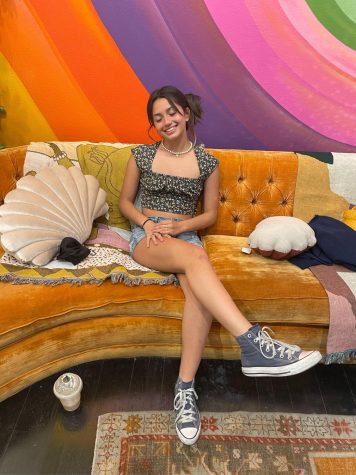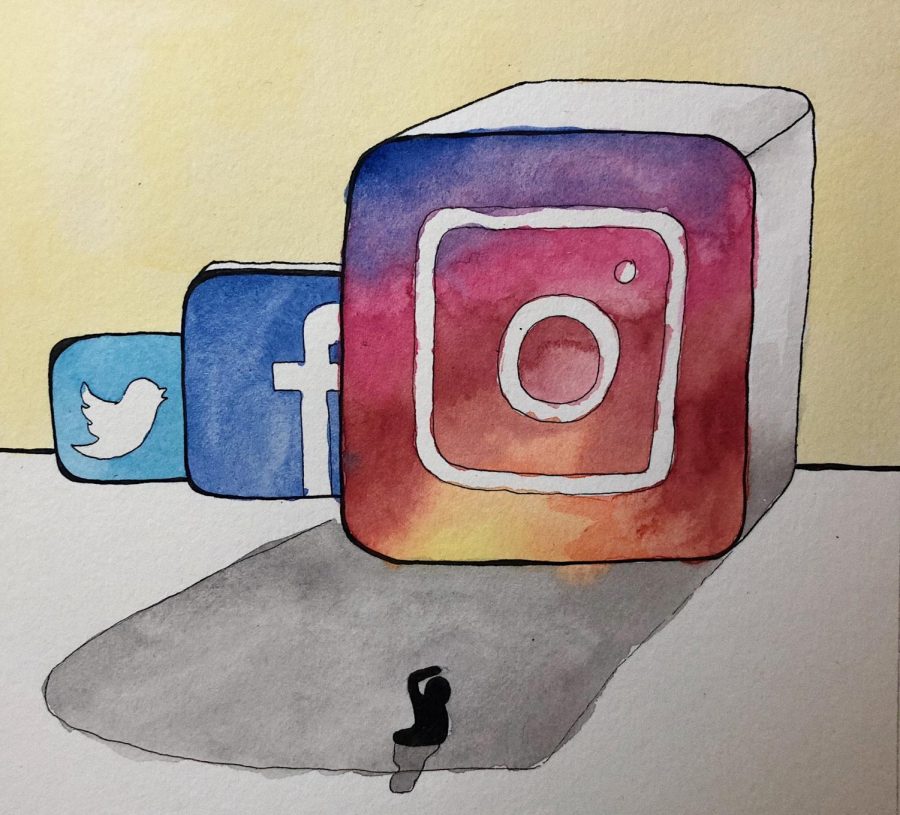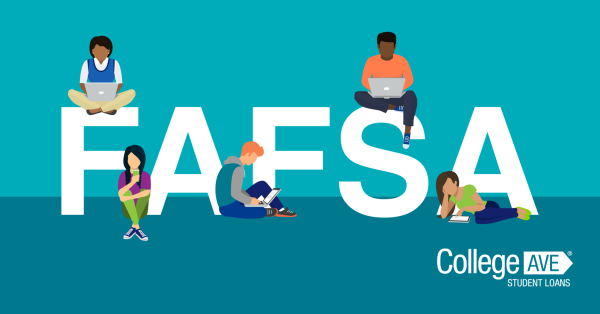Is Social Media Actually Needed?
“If social media controls you and is robbing you of your freedom and good emotional energy chances are you’re addicted and it’s time to find another hobby,” said Germany Kent. Social media has been proven to be toxic time and time again, it shows the worst and best in people all at the same time. Between beauty standards set by social media, negative effects on adolescents’ mental health, and the influencers on the app, it all ties into the fact social media is toxic and is hurting us as a society.
Beauty standards are a social construct. A social construct created by false imagery that’s pushed onto young minds through social media. Social media creates this unnatural image of what we should look like. You ‘like’ a picture of a thin Instagram model and struggle to eat for the rest of the day, all of the sudden you want to look like her. It creates this unrealistic image that’s only attainable by photoshop but young minds don’t understand that. Young minds only understand that they want to look like that Instagram model, they only think about why they don’t look like her or what they have to do to achieve that look. When people whiten their teeth through FaceTune or tighten their waist on photoshop it creates an unrealistic beauty standard. Beauty standards have always been a part of society but instead of overcoming such a construct, we feed into it with social media.
Social media’s negatives effects on youth mental health and too much screen-time is the link to the current epidemic rise in teen depression and anxiety, eating disorders, self harming, suicide ideation and suicide itself. According to Save the Kids, an organization which is fighting social media’s influence on teen media health because their lives matter, their voice matters, states, “Smartphones and social media are the new drug of choice in homes. They hooked parents, disconnected them from their kids, distracted us from who is truly important, and taught us that “likes” = self worth–and now our kids are modeling us. Kids need our eyes and our love and validation more than ever before.” Collin Kartchner also explains in his ted talk made in 2018, states that the untethered access to these apps with no training or no guidance is like handing them keys to a car with no driver’s ed so we shouldn’t be shocked wondering why kids are crashing and burning every single day. Social media is teaching these kids that they may not be good enough, and that they aren’t pretty enough, when the truth is they are enough and they do matter, but they don’t see it, because of someone on the internet that is disgusting.
Social media’s influencers play a big part in the toxicity happening. All influencers often put on an act that attracts their audiences. If a child tends to watch an influencer who does and says profound things, they can think it’s okay if they do too regardless of the rules an adult may have set. This can lead to bad behavior and eventually cause a child to act out in a bad way as they grow. Sometimes the things we watch tend to reflect on the way we act, this doesn’t just reflect on children, but people of ages. If something is seen as “cool” or “trendy” people tend to lean towards it. If an influencer positively promotes an item or a place their viewers/followers will praise whatever it may be, but if its negatively promoted viewers/followers are so quick to hate. Without even knowing the influencers are teaching their audience how to bring people down regardless if it was their intention or not. A viewer can lose their individual persona due to the fact they tried to be someone else. As young people, some of us strive to live up to expectations that might just be too much for us, whether it be our athletic ability, academic intelligence, or physical appearances. We’re young, we need to figure out who we are, not who people want us to be, not who we think people want us to be, but who we want to be. Our own expectations are the ones we should live up to, not someone else’s.
Social media can have positive effects, like creating peer motivation, inspiring young people to develop healthy habits, try something new, follow their dreams, and speak up about things that matter to them. With social media, teenagers are able to express what is going on in the real world, like current issues surrounding racial inequality, political issues surrounding the two main government parties, and even expressing their love to the LGBTQ+ family. Speaking of LGBTQ, people may also feel an acceptance or belonging for that matter when expressing their sexuality on social media. Young people may also feel that their voice is not heard by their family because they are “too young to understand,” so many people tend to express their opinions on social media. Social media is not always a dangerous world, however the negatives continue to outweigh the positives.
Even though teenagers are expressing their beliefs on social media, many teenagers may also be shamed for what and who they believe in. This can cause these teenagers to stress over the fact that they may not be good enough to the public eye. But, when a person has had a positive experience when on social media, they typically tend to use the social media platform more and more, leading to addiction. The brain responds to digital interactions the same way that drugs do, so you can become addicted just like marjuana or even meth. Social media is not all sunshines and rainbows, and it can be an evil and dark place.
In conclusion, social media has been proven to be toxic, because of mental health, beauty standards set on social media, and social media influencers being toxic. Social media is changing all of us into people we may not want to be, so we can stop going on social media, we can limit it, or we can take it away altogether.








